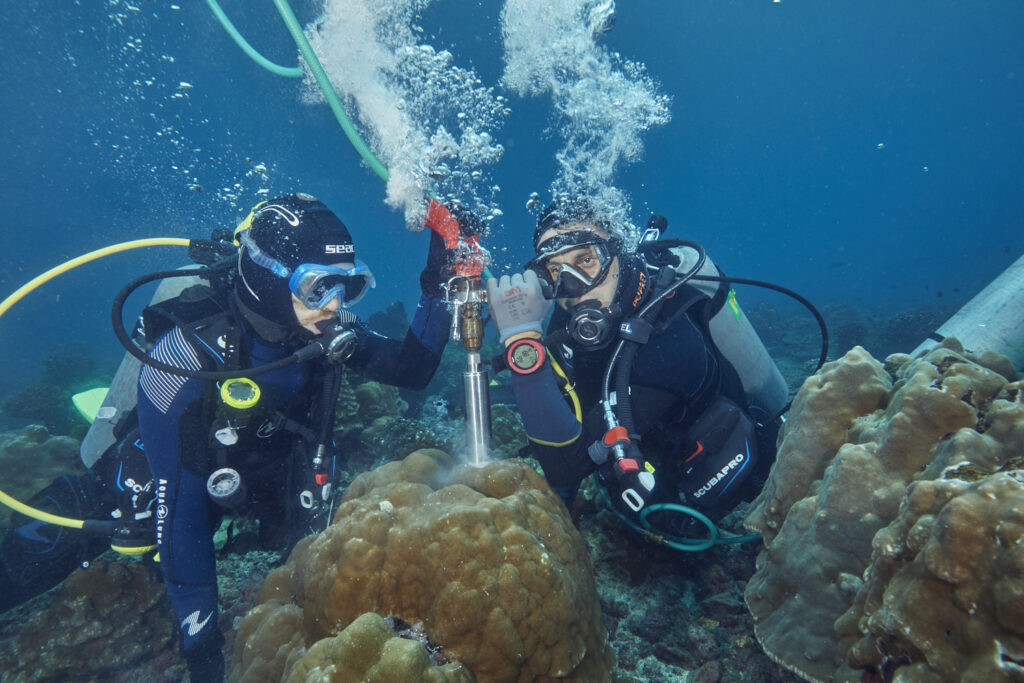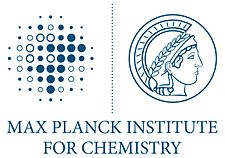
The global Nitrogen (N) cycle is expected to come under increasing pressure during this century as a consequence of both the acceleration of anthropogenic N inputs and global warming. The response of the N cycle to these forcings could, in turn, have major consequences for the global carbon cycle, climate, and the evolution of marine ecosystems. However, the interactions and feedback mechanisms among the different components of the N cycle in response to human perturbations remain uncertain. At least part of the existing uncertainty can be attributed to the scarcity and relatively short time span covered by direct observations. The lack of information about the past can, in some cases, influence the interpretation of current observations by hindering the attribution of observed trends to natural processes or anthropogenic perturbations of the system. The N isotopic composition of organic matter produced by marine organism has the potential to reveal changes in the marine N cycle well beyond the temporal and spatial reach of instrumental measurements. My collaborators and I have developed a new analytical technique that allows high precision measurements of the N isotopic composition of the trace amounts of organic matter protected from alteration within the mineral structure of shallow-water stony corals, which are unique environmental archives extensively used to reconstruct climate and environmental conditions at high resolution. Thus, our novel method offers a new window to study past changes in the N cycle throughout the last century during which human impacts have grown exponentially. In this project, I propose to use our new method to generate high-resolution records of the N isotopic composition of fossil-bound organic matter from shallow-water stony corals located in key regions of the ocean. The main objective of the project is to provide new insights on the variability of the N cycle on seasonal, interannual, and decadal time scales over the past century, and to evaluate the impact of climate change and direct anthropogenic N inputs on the global N cycle.


